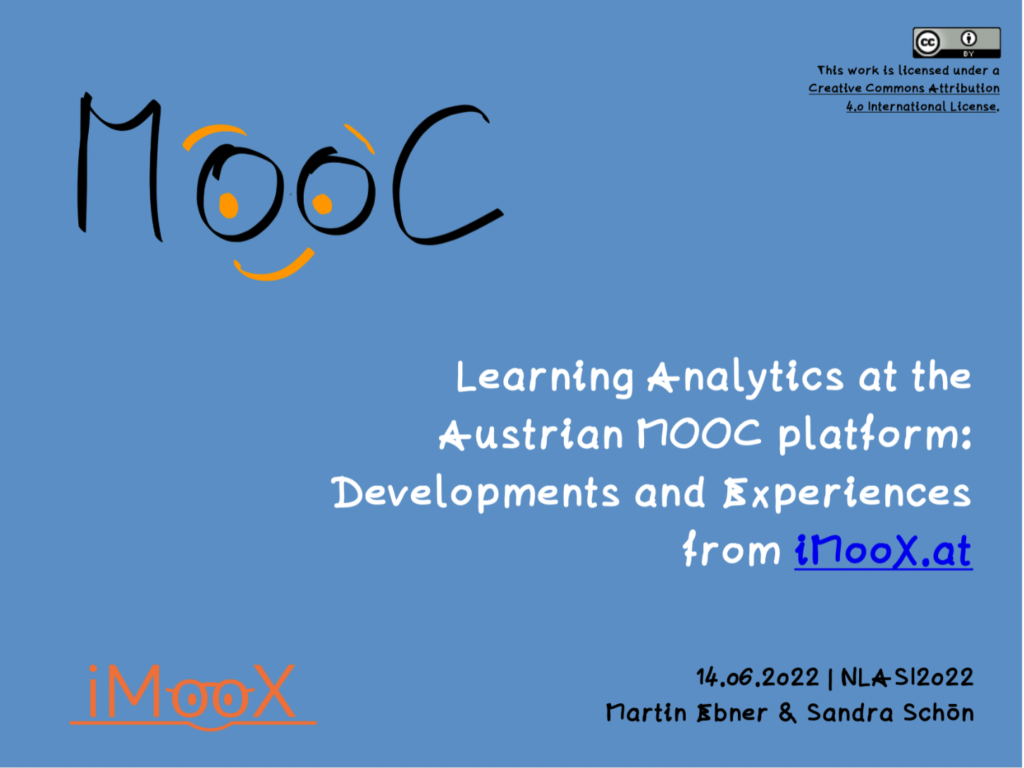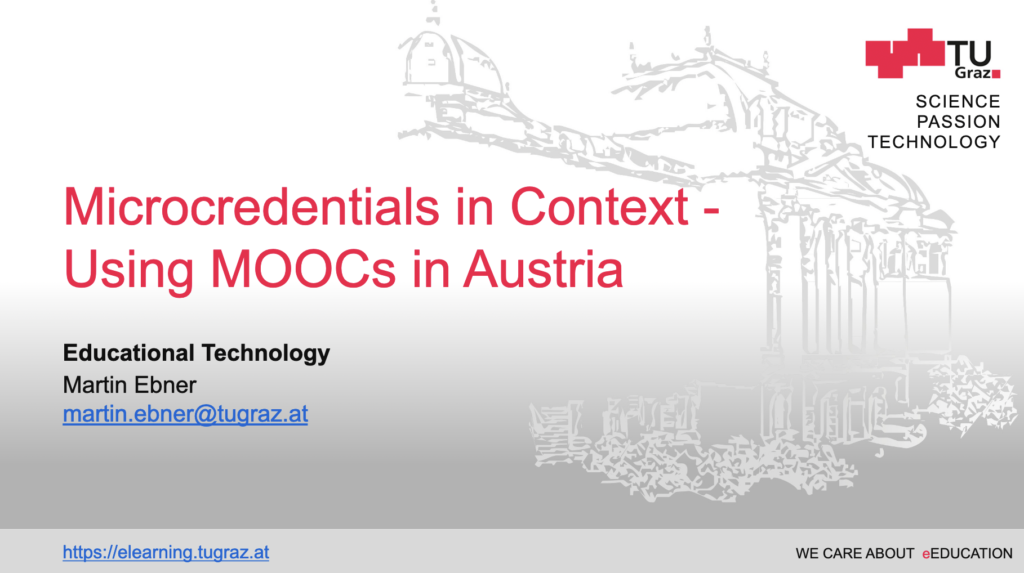 Issue 18(03) of our journal on emerging technologies for learning got published. Enjoy the readings as usual for free :-).
Issue 18(03) of our journal on emerging technologies for learning got published. Enjoy the readings as usual for free :-).
Table of Contents:
- Motivational Readiness of Future Teachers-Philologists to Use the Gamification with Elements of Augmented Reality in Education
- Instructional Design According to the Repulsive Learning Model and its Impact on the Achievement of Chemistry and Lateral Thinking for Third-Grade Intermediate Students
- The Role of Quizlet Learning Tool in Learners‘ Lexical Retention: A Quasi-Experimental Study
- Influence Mechanism of Structural Characteristics of Interdisciplinary Knowledge Network on College Students’ Innovation Ability
- Social Robotics in Education: A Survey on Recent Studies and Applications
- Analysis of Empathic Experiences in Video Games with Microblogging
- Teaching Effect Analysis of the ‘Prefabricated Concrete Structure’ Course Based on Building Information Modeling
- Recruitment of Teachers for Cooperative Education in Educational Institutions
- Clustering Analysis of Online Teaching Cases and Evaluation of Teaching Results
- Identifying the Essentials of Corporate MOOCs’ Application to the Leading Organizations
- Collaborative Grouping and Interactive Relationship Construction of College Students Based on Group Preference
- Reform and Practice of Project-Based Teaching Mode Based on Online Open Course Platform
- Online Self-Assessment in Mathematics at the University of Bern
- Running an Online Mathematics Examination with STACK
- AuthOMath: Combining the Strengths of STACK and GeoGebra for School and Academic Mathematics
Nevertheless, if you are interested to become a reviewer for the journal, please just contact me 🙂 .


